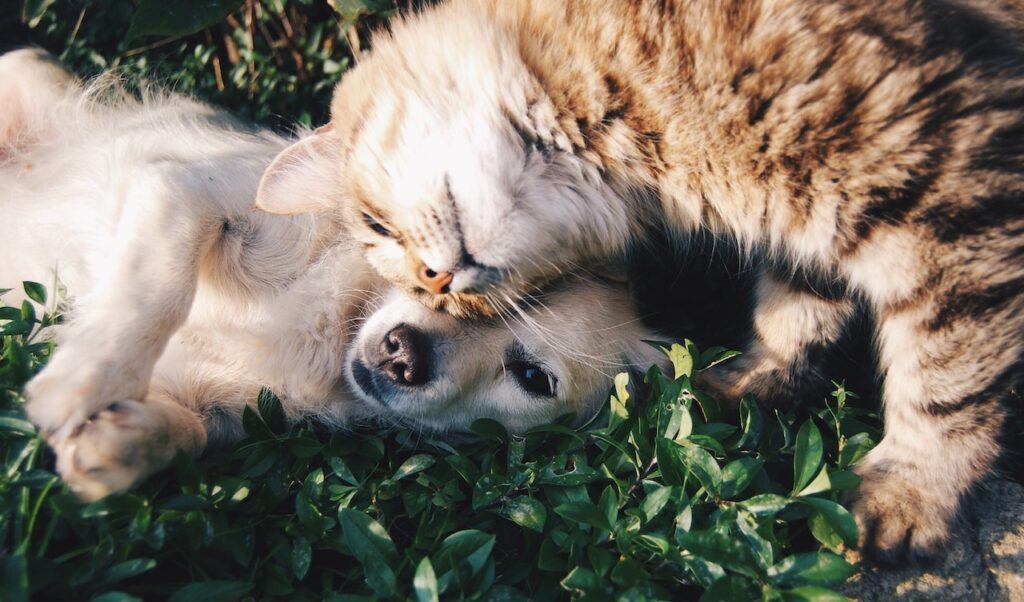If you are already content with the way your life is now, you do not need to read this message.
If you are not content with your life as it is now, do you remember a time in the past when you had peace of mind? If you have never had any moments of peace of mind, it might be beneficial for you to reach out to a mental health professional such as a psychotherapist to learn coping skills and to explore possible root causes for your unease.
If you do recall a time when you had peace of mind, do you have a story about why you were at peace? Were there specific circumstances that you believe were responsible for your tranquil existence? The truth is, if you require specific circumstances to feel peaceful within yourself, then of course, your tranquil state could not last because circumstances are always changing.
It’s too bad that the founding fathers didn’t enshrine peace of mind in the preamble to the Declaration of Independence rather than the pursuit of happiness. Can you imagine how chagrined they would be to see how modern Americans are making themselves sick in the pursuit of fleeting moments of happiness by chasing after every little desire that arises? Can you imagine what our culture would be like if cultivating peace of mind were a national value? Can you imagine what your life would look like if you were to prioritize peace of mind even within the midst of a culture that is heading in the other direction?
ESSENTIAL FOUNDATION
It’s common knowledge that money can’t buy happiness, but realistically if your survival needs are not met, then money can bring relief from anxiety if it can secure food, shelter, clothing, medical care, and some semblance of safety. When we speak about peace of mind, we are speaking to those whose survival needs are already taken care of.
HAPPINESS, FULFILLMENT, AND PEACE OF MIND
Before we go any further, it is important that we define our terms. Most Americans use the word “happy” to encompass several different internal states. Here we are differentiating between happiness, fulfillment, and peace of mind. Although happiness is generated internally, constant happiness is not always a natural or even appropriate response to some life circumstances. For example, when you are feeling ill, chances are that you are not going to be very chipper, which would be completely normal and appropriate.
Fulfillment, is a deeper experience than happiness in that it can include joyful moments as well as moments of hard work, sacrifice, or other uncomfortable experiences that you are willing to take in stride in order to achieve something of value to you. Raising children, pursuing humanitarian goals, and developing a career are just a few examples of experiences that can lead to a sense of fulfillment which is deeper than happiness.
Peace of mind is a seemingly paradoxical experience in that you can simultaneously feel at peace while also experiencing physical or emotional suffering. Peace of mind is like deep, still water that barely moves even when the surface of the water is churning. Most people who think that they want happiness are actually searching for peace of mind.
Now that we have defined our terms, how is your peace of mind? Is it the foundation for your widely varied human experiences or is it something that comes and goes with your superficial emotional states?
If peace of mind eludes you, there are many ways to cultivate it. The easiest first step is to notice and appreciate the little things in life that are already present, yet often overlooked.
START NOW
Choose a time of day that feels natural to you to take a moment to reflect on one small thing that you are grateful for and do your best not to choose the same thing again for three months. Some people like to reflect quietly on their own in the morning or evening, while others will discuss what they are grateful for during dinner. Remember, that you can be grateful for good things and you can also be grateful for the absence of bad things, so for example, you might be grateful for plentiful water to bathe in one day and another day you might be grateful not be living in a place where you would be in constant danger due to a war.
If the spirit moves you, feel free to keep track of your gratitude by writing a list, or even expounding in a journal, but don’t turn it into a chore. You can still benefit by simply looking at your life through the eyes of a five-year-old child.
